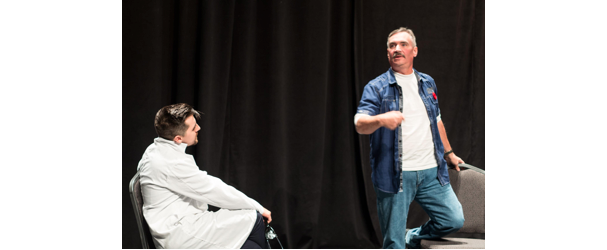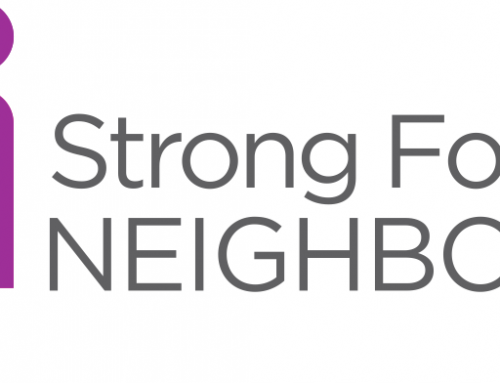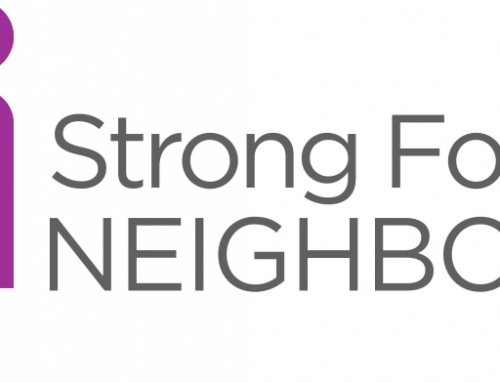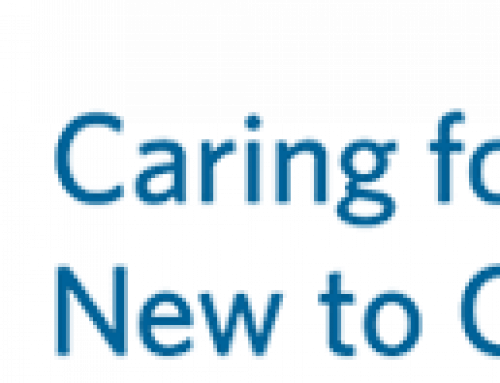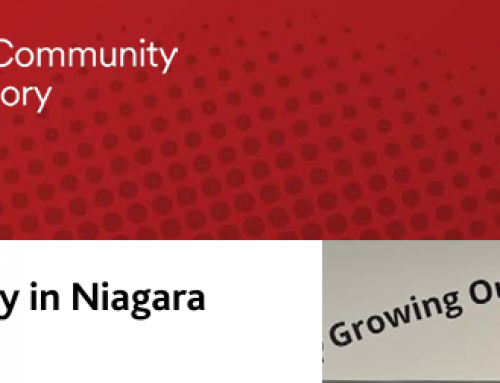What would happen if we engaged the most marginalized members of our community to create healthcare policy, relying on their actual lived experiences when accessing healthcare? Homeless individuals are struggling to be heard in a healthcare system that is already stretched thin. As four medical students who are training in Niagara, we have seen that ‘one-size-fits-all’ solutions can often leave behind patients who are without homes, social supports, transportation, or who struggle with mental health and addictions. To address this need for patient-centered policy, we think that the solution might be to simply ask our patients: What kinds of problems do you encounter? And what would you do to fix it?
Participatory Action Research
We wanted to work on a project which allowed us to address the policy issues underlying the ‘social determinants of health’, and find ways to use our experience as medical students at McMaster University’s Michael G. DeGroote School of Medicine to meet the needs of the community. We reviewed suggested action steps in the Living in Niagara-2014 report as a way to help us focus on local research priorities. In response to these suggested action steps, we developed HEART (Health and Equity through Advocacy, Research, and Theatre), a research program that gives community members the opportunity to share their problems through interviews, show us their solutions on stage, and collaborate with experts to create practical policy to address these issues.
We began by interviewing 16 individuals who identified as homeless or vulnerably housed in St. Catharines, Welland, and Niagara Falls, and we tried to identify what helped or hindered them when accessing and navigating the healthcare system. We uncovered 22 barriers and 15 facilitators to healthcare. This data was used to develop a theatrical script in partnership with a professional theatre company, Branch Out Theatre.
Research-Based Theatre
Our research-based, ‘legislative theatre’ play was professionally produced for audiences of students, healthcare professionals, and members of the homeless community in St. Catharines at the FirstOntario Performing Arts Centre in November, 2016. The performances were studied to see if we could improve attitudes towards the homeless among care providers, help share knowledge about the barriers that our patients encounter, and engage patients and the public to generate ideas for policy.
Creative ideas for policy were encouraged by inviting audiences to initially observe the play, and then participate by replacing an actor and trying to solve the real-life conflict in the scene (as a doctor, nurse, administrator, or patient). These improvisations were followed by an ‘expert panel’ of municipal, hospital, health system, social service, and community representatives who then discussed and proposed policies based on the audience’s suggestions. In a ‘legislative session’, the policies were then presented to the audience who could discuss, debate, amend, and vote on the recommendations.
Public Advocacy
This process has been summarized and made freely available for download in the HEART program handbook. We are hoping that the process we designed for HEART can be adapted by community groups, decision-makers, and patient advocates who wish to partner, perform, and make policy with other marginalized groups all across Canada.
Of the three shows which were produced in Niagara, a total of 8 policies were drafted and passed by the audience in the legislative sessions. We found that the program engaged and empowered members of the homeless community to create the solutions to their own problems, and enabled partnership and problem-solving with experts and policymakers. Some of the policies that emerged include:
- A peer support program for patients with mental health and addictions concerns;
- Comprehensive mental health services in the emergency department;
- A competency training program around the issues of homelessness.
All 8 recommendations and a thorough analysis of each policy is available in our report, Healthcare First. We are thrilled to be able to share the ideas of the most marginal members of our community, and give them an equal voice and the power to make changes in collaboration with other stakeholders. We are inviting the community to join HEART as we work together towards further action, and make real improvements to healthcare for the homeless in Niagara.
If you have had experiences with healthcare and homelessness, you know somebody who has struggled, or you are involved with providing care or services to members of the homeless community, we want to hear from you. Please share your thoughts about Healthcare First on our website or via email, and how you think these policy ideas may improve healthcare for the homeless and those struggling with mental health and addictions in Niagara.
Rahat Hossain, HEART Principal Investigator, rahat.hossain@medportal.ca
Michael Milo, HEART Co-Investigator, michael.milo@medportal.ca
Mo Moore, HEART Co-Investigator, mo.moore@medportal.ca
Natalie Ramsay, HEART Co-Investigator, natalie.ramsay@medportal.ca

